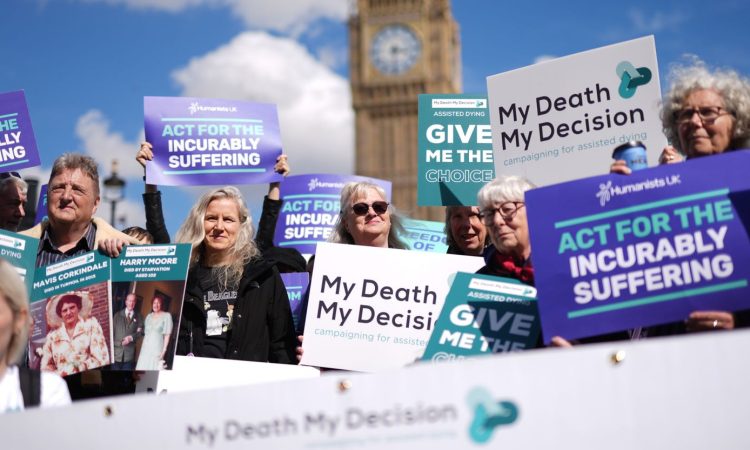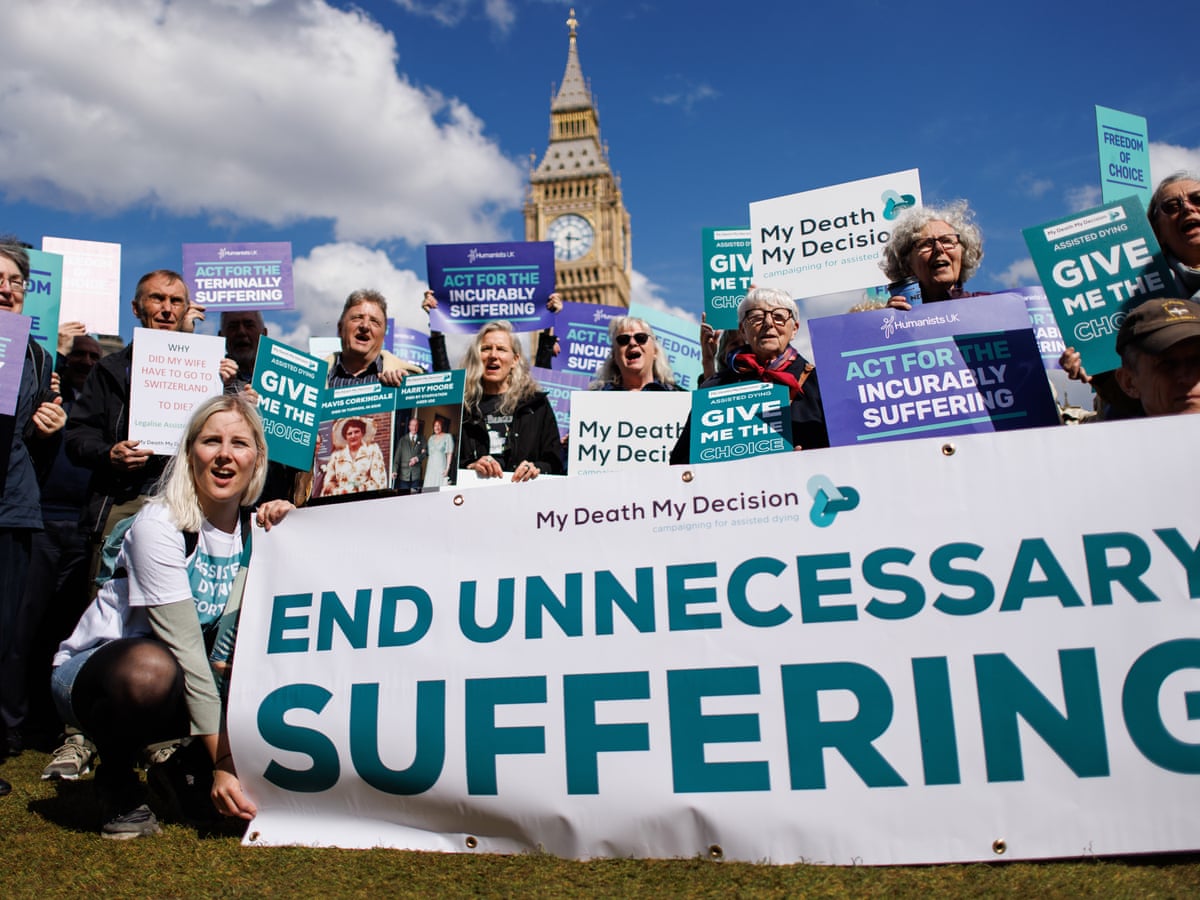
A recent study from the Savanta Knowledge Centre reveals a striking shift in British public opinion on assisted dying, with nearly half of citizens now supporting the idea. According to the research, 48% of the population are in favor of legalizing assisted dying, while only 21% oppose it, highlighting a growing acceptance across political and demographic lines.

The findings show broad support across the political spectrum. Reform Party voters demonstrate the highest backing at 61%, followed by Liberal Democrats at 58%, Conservatives at 54%, and Labour voters with 50% in favor. However, a significant generational divide persists—while just over a third (34%) of 18-34-year-olds support assisted dying, 60% of those over 55 express approval.
Despite this growing public support, Christian organizations remain vocal in their concerns. They warn of the potential dangers in legalizing assisted dying, particularly for society’s most vulnerable. James Mildred from the Christian advocacy group CARE cautions that legalizing the practice could create societal pressure on those with disabilities or terminal illnesses. “Whenever a country decides to legalise assisted suicide, it creates a pressure,” Mildred explained, underscoring the risk of shifting from a “right to die” to a perceived “duty to die.”
This sentiment echoes a broader ethical debate. While proponents argue for personal autonomy and the compassionate relief of suffering, opponents fear that legalization may lead to unintended consequences—particularly for the elderly, disabled, and economically disadvantaged.

Chris Hopkins, Political Research Director at Savanta, acknowledges the complexities surrounding the issue. He notes that while public support is significant, much of it depends on the safeguards and regulations implemented if assisted dying were to become law. The debate, Hopkins says, is far from over.
As Britain stands at a moral crossroads, the nation must weigh the delicate balance between personal freedom and societal responsibility. The path forward will require careful reflection, ensuring that dignity and compassion remain at the forefront of the conversation while protecting the most vulnerable among us.




